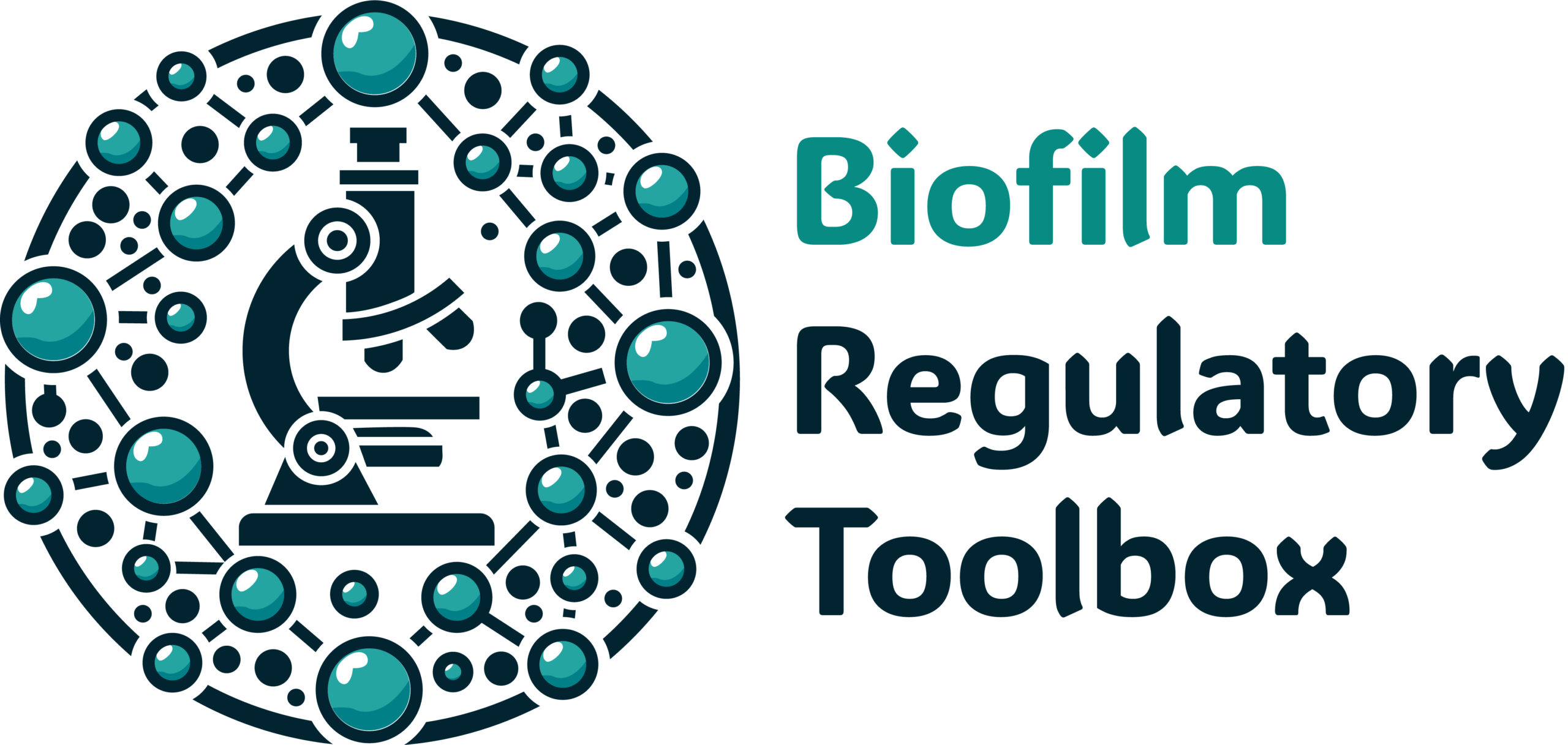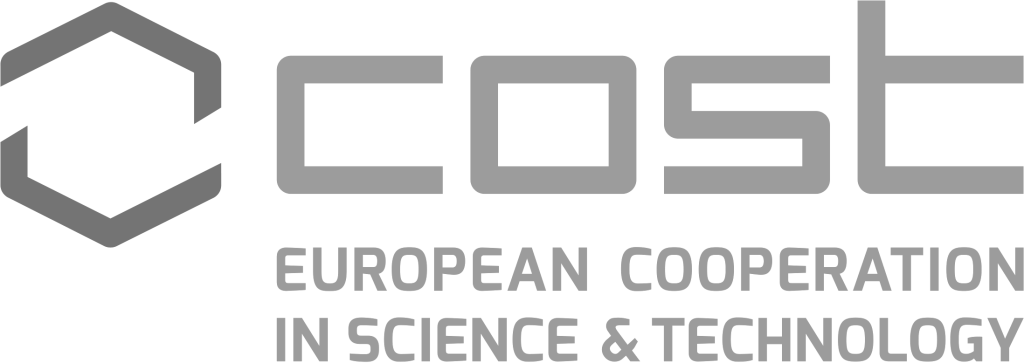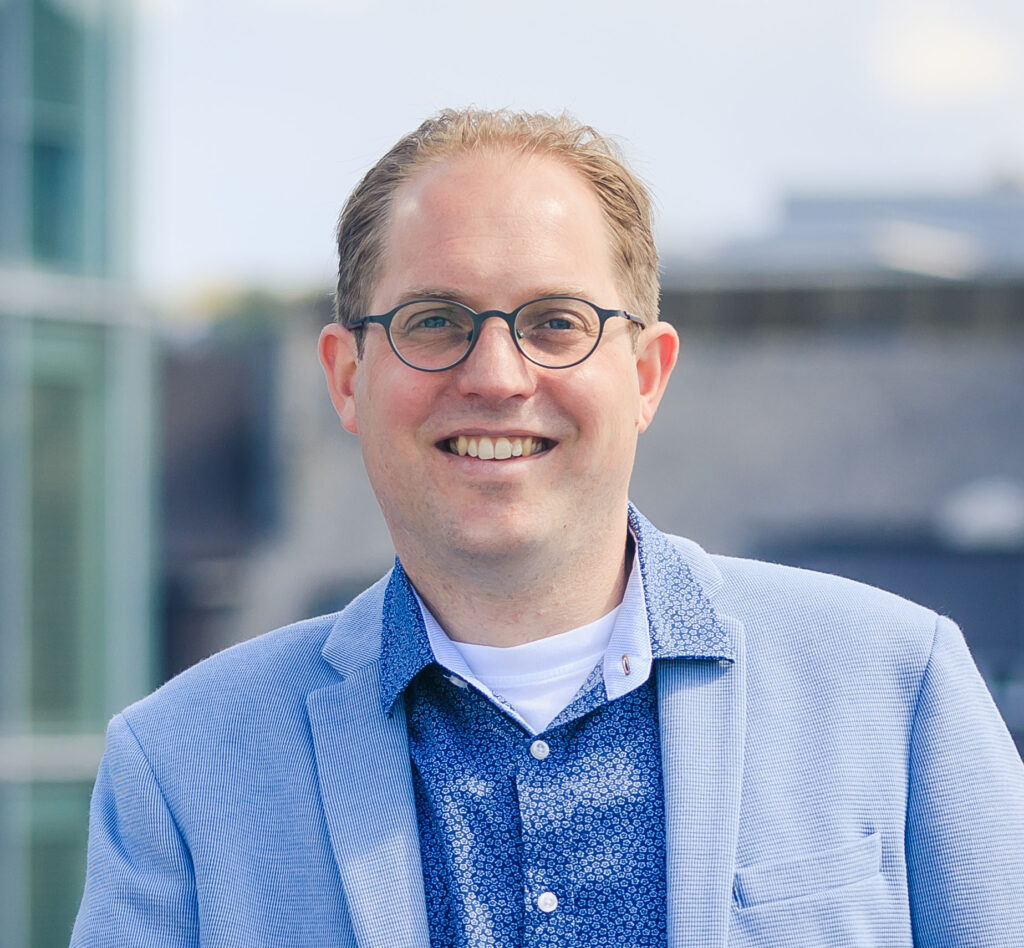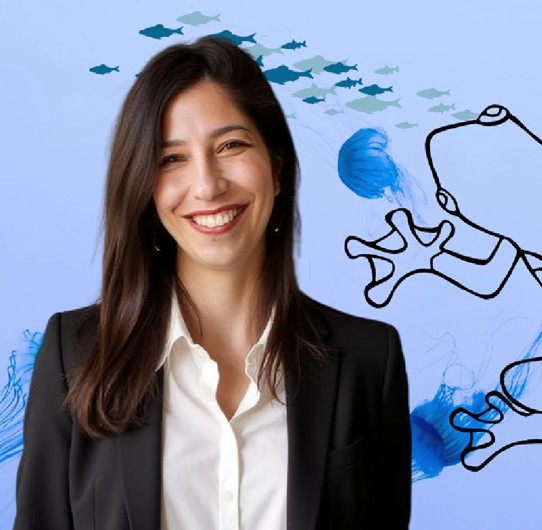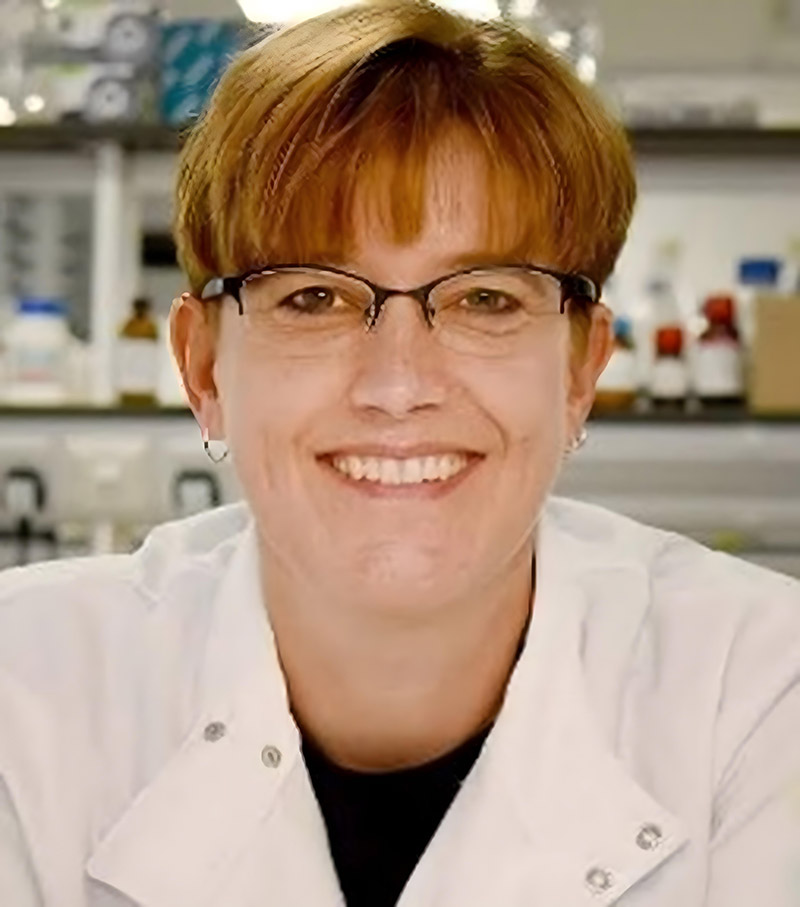Working Group 3
Communication and Dissemination
WG3 leads the communication, dissemination, and outreach activities of the Action, ensuring that its outputs, events, and opportunities reach regulators, industry, academia, and the wider public. It also raises awareness of biofilm-related challenges and develops educational resources to support capacity building and informed engagement across sectors.
Objectives
Coordinate the presentation of the Action results at international conferences attended by industrial representatives
Engage in specialised forums and facilitate discussion with national and international decision-makers
Create content and ensure general information is published and widely disseminated
Ensure the increase of the scientific, evidence-based literature in the field via publications in peer-reviewed journals, research projects, and other relevant means
Organise annual conferences and workshops that involve participation of regulatory stakeholders
Plan and organise the final RegulatoryToolBox conference (at the end of the action)
Current Activities
Below is a list of current initiatives WG3 is progressing.
We need your input! If you have relevant expertise, practical experience, informed opinions, or simply the time and willingness to contribute, your involvement will strengthen the quality and impact of our work. If you would like to join and contribute to any of these activities, or if you have suggestions for additional work, please contact one of the WG3 representatives.
Coming soon.
